Big Ideas: HERI's Rebecca Ackermann joins World Science Festival
Recent breakthroughs in dating ancient samples of DNA and human remains have led to a radical reassessment of human origins.
Numerous other early human groups - some with the cognitive capacity to make art, jewellery, and herbal medicines - occupied the planet at the same time as our ancestors, Homo sapiens, and some of their genomes live within us today.
HERI’s Professor Rebecca Ackermann joined leading archaeologists and paleoanthropologists at the World Science Festival for its Big Ideas series, supported by the John Templeton Foundation.
Asked how surprising new insights are transforming our understanding of early humans, Ackermann said, “We're not talking about one group coming out and conquering everybody else.”
“That's allowing for the emergence of people paying attention to regions of the world that they hadn't paid attention to before. Long term, that's going to be a really important part of our increasing understanding of these sort of complex origins,” she added.
Watch the full session, titled Brave New Prehistoric World, below. Ackermann was joined by guests Sheela Athreya, Thomas Higham, and Viviane Slon in a conversation with Brain Green.
